
Growing Horse Pastures From the Ground Up
Pasture managers can take simple steps to develop a healthy root system and, in turn, a more resilient and productive pasture. Here’s how.

Pasture managers can take simple steps to develop a healthy root system and, in turn, a more resilient and productive pasture. Here’s how.
Speakers will present on cost sharing, weed control, rotational grazing, ryegrass, and maintaining healthy horses.
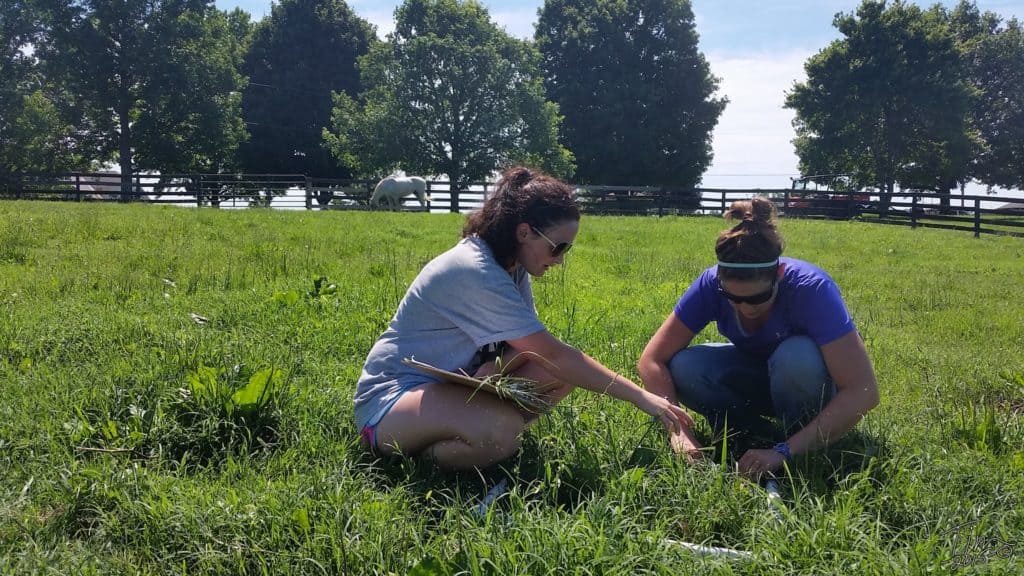
Participating farms receive detailed pasture assessments, including grass species composition and tall fescue analysis.

Dr. Anthony Blikslager reviews what to look for if you think your horse is colicking.
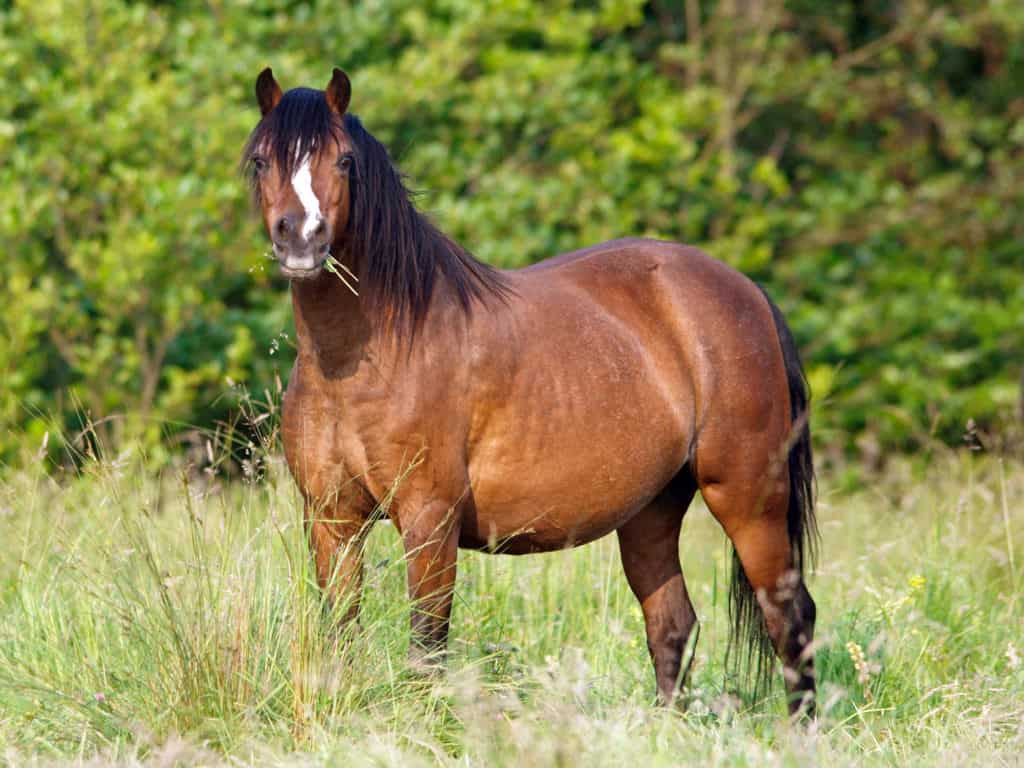
Researchers are working to help owners find ways to help their horses lose weight no matter their circumstances–from boarding facility set up issues to unsound horses that can’t be exercised.
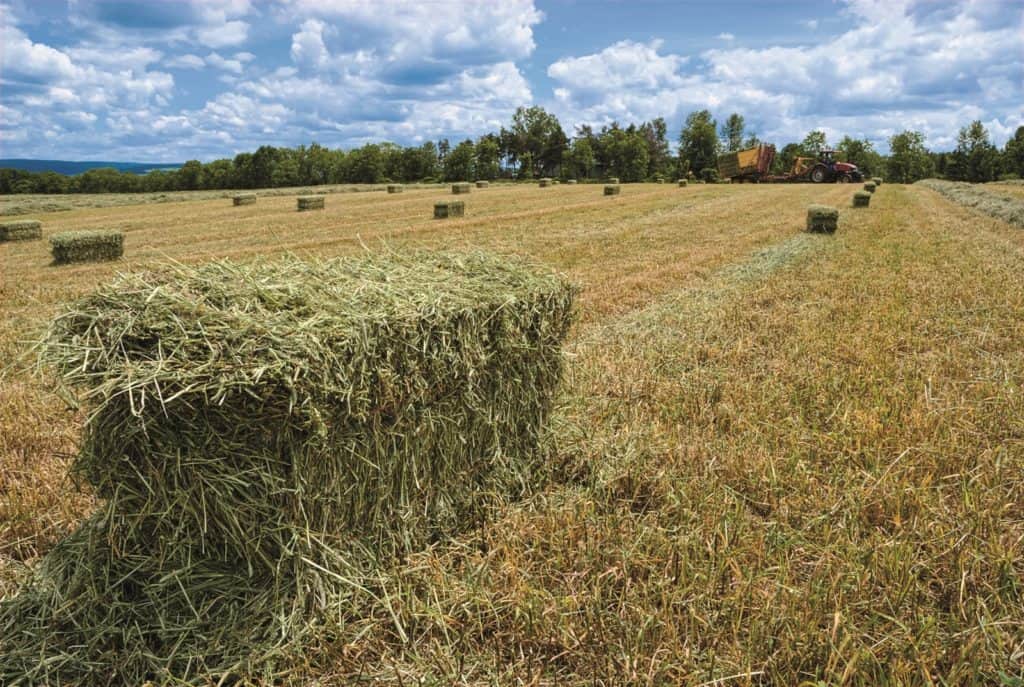
Learn how to plan forage purchases with this practical guide to hay cuttings, types, and quality.

Our equine nutritionist explains the differences between horse life-stage and feed types.
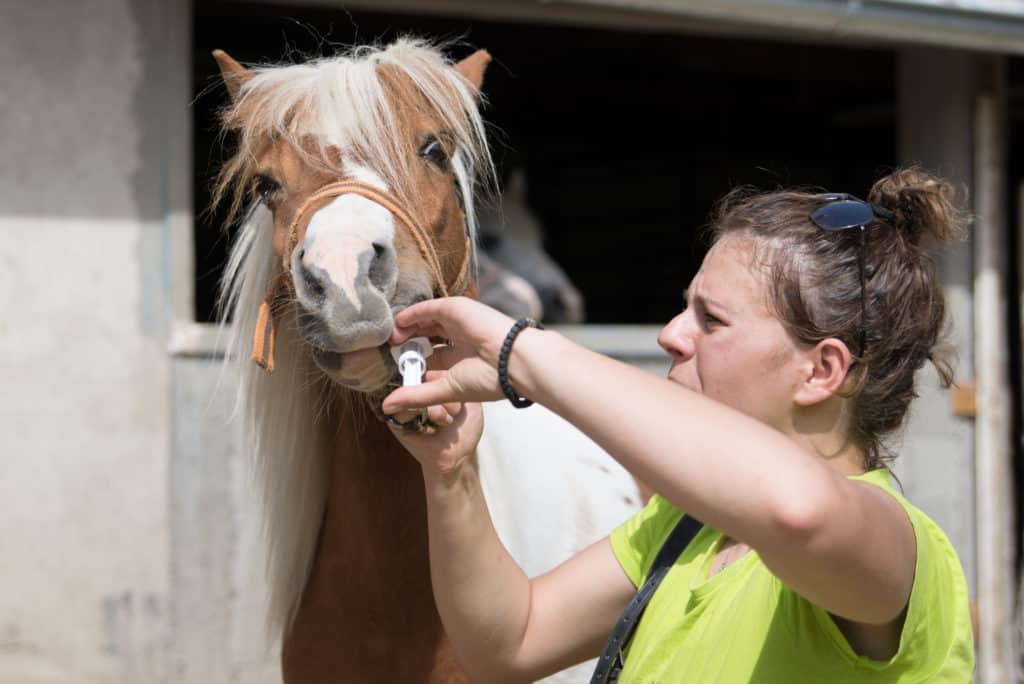
Before horses start grazing on the green grass this spring, check with your veterinarian to ensure your deworming program includes tapeworm control.

Proper spring turnout management and monitoring body condition are important steps to keeping your horse healthy.

Researchers are working to find other potential race-day therapies that can be used to manage EIPH if proposed legislation banning race-day furosemide use in the U.S. is passed.

Consider your horse’s diet when helping him make a smooth transition from winter to spring.

Make sure your horse’s diet supports his regular exercise program with these tips.

While an average 1,100-pound adult horse at rest or lightly exercised requires only 400 milligrams per day, this mineral is important to bone and cartilage development.

A ration balancer might offer the best balance of nutrients and protein for your horse during stall rest.
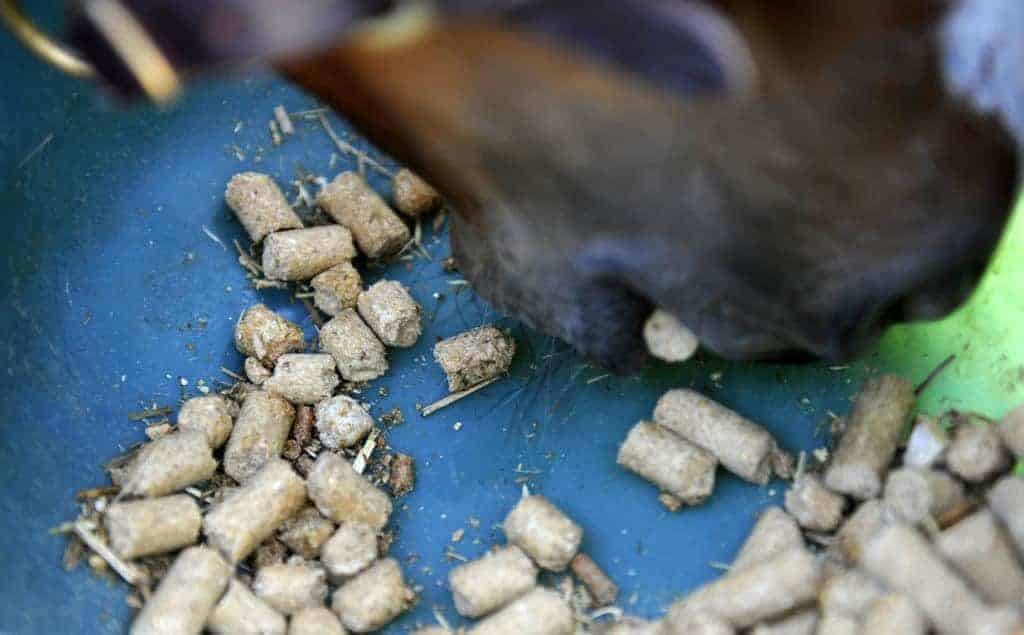
Rapidly adding concentrates to horses’ diets resulted in immediate and short-term effects on the cecal microbiome, pH, and volatile fatty acid production, reducing the cecum’s microbial diversity.

Thanks to advancements in colic diagnostics and treatment, a horse’s chances of survival and return to normal activity following surgery have never been better.
Stay on top of the most recent Horse Health news with
"*" indicates required fields